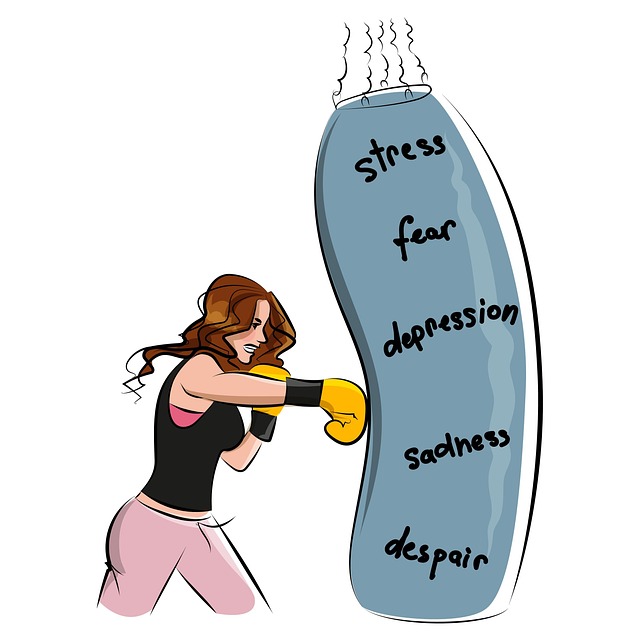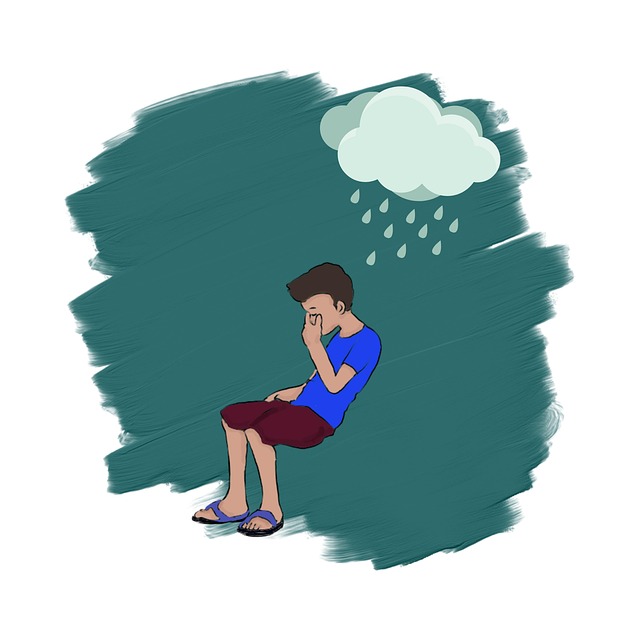Developing marketing strategies for mental wellness apps targeted at Russian-speaking adolescent teens involves understanding their unique challenges, like academic pressure and social fit. Effective strategies should create an inclusive environment, leverage Russian language platforms, and apply Mind Over Matter principles to bridge cultural gaps and reduce stigma. Positioning the app as a personalized digital therapist with tailored sessions, interactive exercises, and culturally relevant resources in Russian ensures confidentiality and convenience. Targeted messaging on platforms like Instagram, TikTok, and YouTube through influencer partnerships, user-generated testimonials, and responsive content updates can effectively market the app as an accessible and inclusive therapy solution for this demographic.
In today’s digital age, mental wellness apps offer a promising avenue for supporting Russian-speaking adolescent teens. This article delves into a comprehensive marketing strategy development guide. We explore the unique needs of this demographic, offering insights on crafting a compelling value proposition for mental health apps tailored to their preferences.
Through effective marketing channels and engaging strategies, we aim to bridge the gap between therapy and adolescents, ensuring accessibility and impact. Discover how to reach and support this vital segment with targeted approaches, specifically focusing on ‘Therapy for Adolescent Teens Russian Speaking’.
- Understanding the Target Audience: Russian-Speaking Adolescent Teens
- Crafting a Unique Value Proposition for Mental Wellness Apps
- Marketing Channels and Strategies for Effective Reach and Engagement
Understanding the Target Audience: Russian-Speaking Adolescent Teens

Understanding the target audience is a crucial step in developing an effective marketing strategy for mental wellness apps tailored to Russian-speaking adolescent teens. This demographic faces unique challenges, often stemming from cultural and social factors that can impact their mental health. Many adolescent teens within this linguistic community may struggle with issues like anxiety, depression, or stress, exacerbated by the pressure to succeed academically and fit in socially.
Marketing efforts should focus on creating an inclusive environment that acknowledges these struggles while promoting hope and healing. Leveraging platforms and content in Russian can bridge the cultural gap, ensuring that messaging resonates deeply with this audience. Incorporating Mind Over Matter principles, coupled with Mental Illness Stigma Reduction Efforts, can foster a positive mindset shift. Encouraging open conversations about mental health, with an emphasis on Positive Thinking, will help normalize seeking therapy for adolescent teens speaking Russian.
Crafting a Unique Value Proposition for Mental Wellness Apps

In today’s digital age, mental wellness apps offer a unique opportunity to reach and support adolescent teens who may be seeking therapy in a more accessible, private, and flexible manner. Crafting a compelling unique value proposition (UVP) for such apps is paramount to attracting users from diverse backgrounds, including Russian-speaking populations. The key lies in highlighting the app’s ability to provide tailored therapy sessions designed specifically for teens while ensuring cultural sensitivity and accessibility in the language they prefer, namely Russian. By positioning the app as a personalized digital therapist, one that offers not just stress management techniques but also coping skills development and burnout prevention strategies suitable for healthcare providers’ needs, the marketing approach can be both inclusive and impactful.
Targeting this specific demographic with tailored messaging that addresses their unique challenges can set the app apart from competitors. Incorporating features such as interactive exercises, mindfulness practices, and access to culturally relevant resources will appeal to Russian-speaking adolescent teens seeking support for their mental health journey. Effective marketing should emphasize how the app facilitates easy access to therapy, ensuring confidentiality and convenience while catering to the specific linguistic and cultural requirements of this target audience.
Marketing Channels and Strategies for Effective Reach and Engagement

In today’s digital era, marketing channels play a pivotal role in reaching and engaging Russian-speaking adolescent teens seeking therapy. Social media platforms like Instagram, TikTok, and YouTube offer robust targeting options, enabling direct communication with this demographic through relatable content. Influencer partnerships can tap into existing communities, fostering trust and encouraging open conversations about mental health. Additionally, leveraging online communities and forums dedicated to teen wellness creates safe spaces for interaction, where the app’s benefits can be subtly highlighted.
For effective reach and engagement, a multi-faceted strategy combining organic content, paid advertising, and user-generated testimonials is ideal. Offering free trials or demo sessions attracts users, while integrating Anxiety Relief and Empathy Building Strategies within the app’s features caters to specific needs. Mentorship programs or peer support groups facilitated through the app can further enhance its appeal, fostering a sense of belonging and community among users. Regularly updating content and engaging with feedback ensures that the app remains relevant and responsive to the evolving mental health landscape, especially for Therapy for Adolescent Teens Russian Speaking.
Developing a marketing strategy for mental wellness apps, with a specific focus on Russian-speaking adolescent teens, requires a deep understanding of their unique needs and preferences. By tailoring a unique value proposition that emphasizes accessibility, cultural relevance, and peer support, you can effectively reach this demographic. Leveraging digital channels such as social media, influencer partnerships, and targeted online ads, alongside offline initiatives like community events and school collaborations, will ensure comprehensive coverage. Offering therapy for adolescent teens in Russian speaks not only addresses a pressing mental health issue but also fosters a sense of belonging and support among this often-overlooked group.









